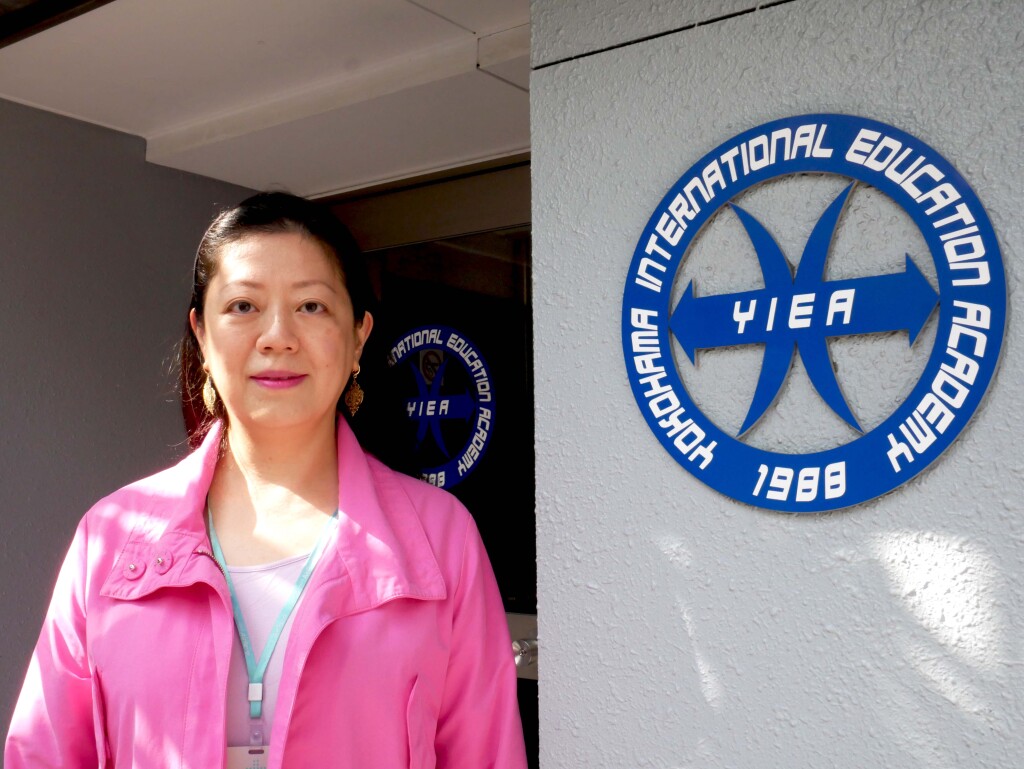In YSM #152, we spoke with Masaki Izumi, the Deputy Director of Yokohama International Education Academy (YIEA), about the challenges her language school has faced during the pandemic. But another problem people don’t realize is that many students have had difficulty entering Japan during COVID. In this interview, we seek to shed light on why these students are so valuable to Japan.
YSM: Why are foreign students important to Japan?
Izumi: All countries say they need international students in order to have more people in the world understand their country. This is also true of Japan. In the case of Japan, there is an even more pressing need. Japan is an island nation with no land borders with any other nation, so people in general tend to be less global-minded. We not only need people to understand Japan but also come here to stimulate Japan’s outlook toward the world. As for the more practical side, Japan is in dire need of more talented and skilled people to join our workforce. Learning language is the very first step toward further education and employment in Japan, thus language schools like ours are essential.
Why do students from overseas want to study Japanese?
Some students come because they want to experience the culture and learn the language as a hobby. They are, however, the minority. Most students come to learn the language as a skill that will lead them to a better life. Language is, for most people, a tool. It is a tool for students to enter universities, for them to acquire a new skill, and for them to find a promising career.
Majors in economics, law, and international commerce have always been popular. Other fields have gone through fads. Two decades ago, a lot of students wanted to be hair-dressers, then make-up artists, then fashion designers. Interior design and anime voice-over followed, and now the in-things are patisserie and washoku (Japanese traditional cuisine). There has also been a sudden influx of artistic students at our schools since we have been promoting collaborative programs with anime/art schools.
Students have always been able to find jobs in tourism and import/export related fields. Now we see an increase in other jobs such as architectural design, engineering, IT and web-design, logistics, and international law.
What is the average length of stay for a YIEA student?
One to two years.
How often do YIEA students eventually enter a college or university in Japan?
80-85% of our students go on to universities, graduate schools, and vocational schools.
What percentage of your students do you think stay in Japan after YIEA because they find employment?
Those who find employment directly is only about 6-8% every year but the number is on the rise. As for those who remain after further schooling, the data show that about 75% of foreign students remain in Japan after graduating from universities.
Do you keep in touch with any students after they return home? What kind of jobs do they do in which they use their Japanese?
Yes, we try. We ask students for help when recruiting overseas and also invite them to gather for small reunion dinners from time to time. Students work in very diverse fields: Japanese teachers, government project leaders, convention recruiters, lawyers, hotel managers, interpreters, etc. Many students become entrepreneurs; they open travel agencies, set up language schools, diving schools, cooking schools, cultural experience centers, or go into IT and media businesses.
Thank you Izumi! We wish continued success for your students.


